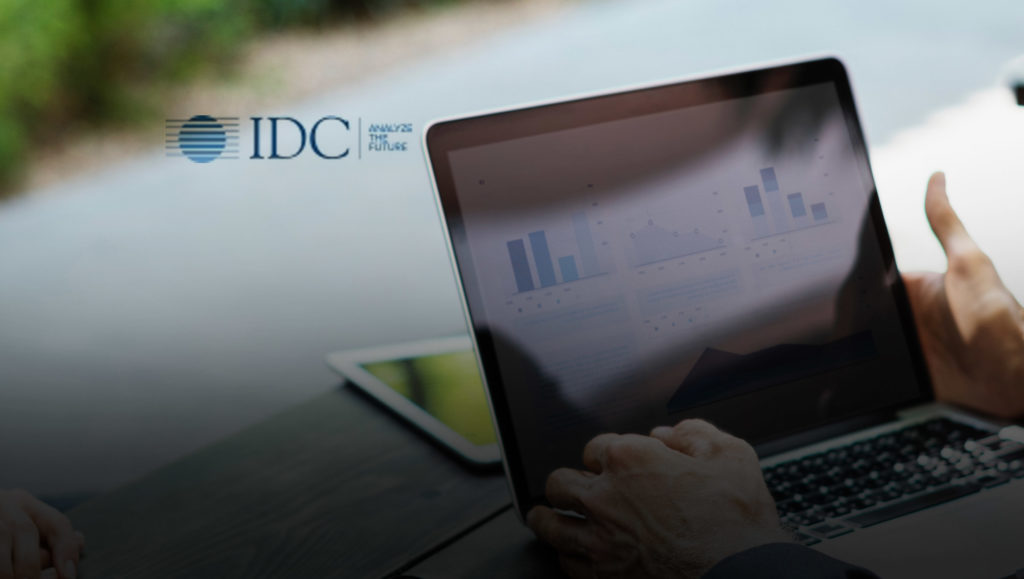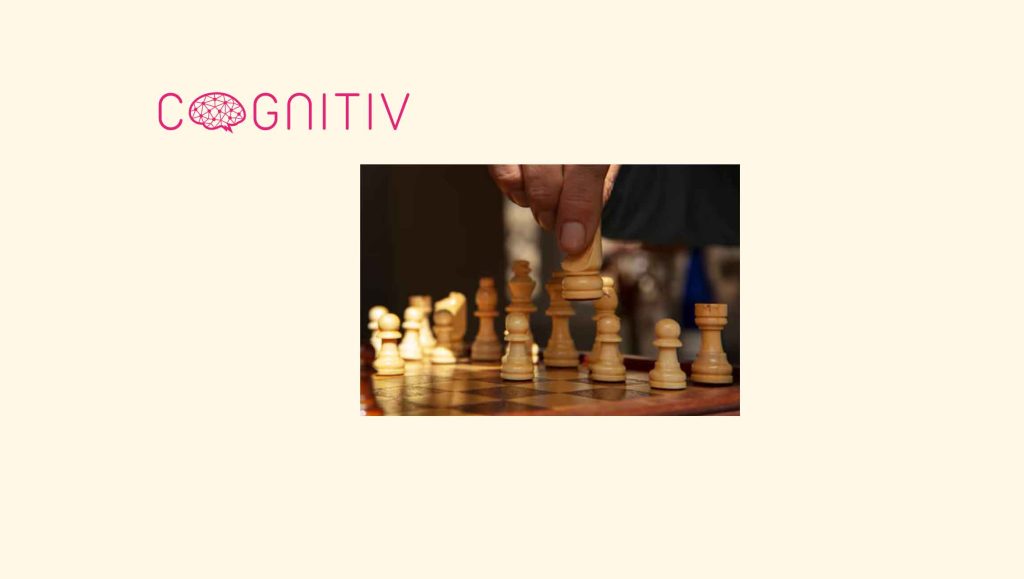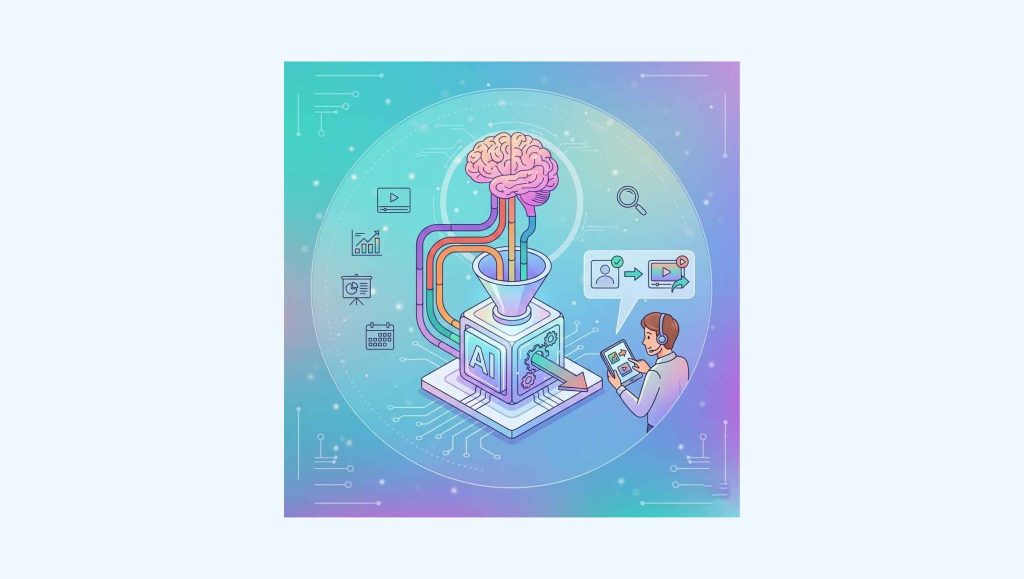Over the past five years, International Data Corporation (IDC) has been documenting the rise of the digital economy and the digital transformation that organizations must undergo to compete and survive in this economy. To that end, IDC announced the launch of nine new research practices in 2020 that bridge its traditional technology market view with a business outcomes view. The objective of the practices will be to provide context to what is happening in the digital economy – explaining the desired business outcomes, such as engendering trust or becoming an intelligent organization, and how technology can be used to achieve these outcomes. The latest of these practices to launch is the Future of Trust.
Read More: Gartner Identifies The Top Five Customer Service Technology Trends For 2020
IDC’s newly launched Future of Trust practice is designed to help CEOs implement the spheres of trust required in today’s digital economy.
IDC defines trust as an up leveling of the security conversation to include attributes such as risk, compliance, privacy, and even business ethics. These elements transform the conversation from what “must” a company do to prevent negative outcomes to what “should” a company do.
Read more: How AI is The Key to CPG Growth Amidst Channel Blurring
“Trust is more than just about mitigating harm but also maximizing return, creating a differentiated impact on revenue, expenses, and shareholder value,” said Frank Dickson, program vice president and IDC’s global lead for Future of Trust research.
Trust is elevating to a board room topic as the language of trust changes. According to IDC’s 2019 CEO Survey, digital trust programs are the most important agenda item in the next five years. This emphasis on trust will affect enterprise organizations in multiple ways, including:
- By 2023, 50% of the G2000 will name a chief trust officer, who orchestrates trust across functions including security, finance, HR, risk, sales, production, and legal by 2023.
- By 2025, two-thirds of the G2000 boards will ask for a formal trust initiative that executes a road map to increase an enterprise’s security, privacy protections, and ethical execution.
- By 2025, 40% of Fortune 1000 companies will require partners and vendors to meet trust scores as a condition of doing business.
The future of trust means that traditional approaches to security, risk, compliance, and privacy are facing challenges both in scope and scale. These challenges should be met by addressing the five elements of trust depicted in the Future of Trust framework. Although there are five elements of trust, we do not approach each pillar individually—the elements of trust have layers of implementation. Much like the hierarchy that Maslow proposed for human needs, trust is implemented in a layered approach.
Read Also: Why Is Sales Enablement Important?





















